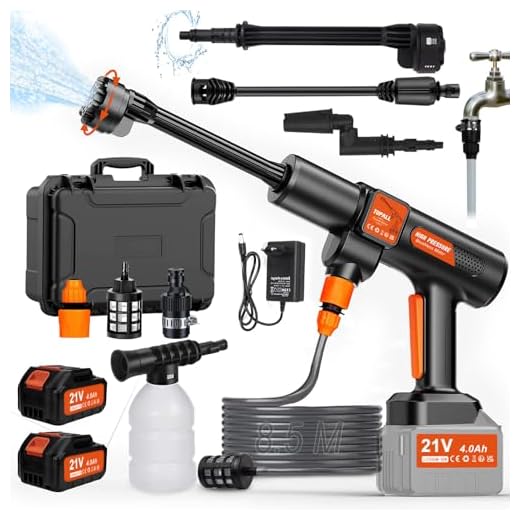

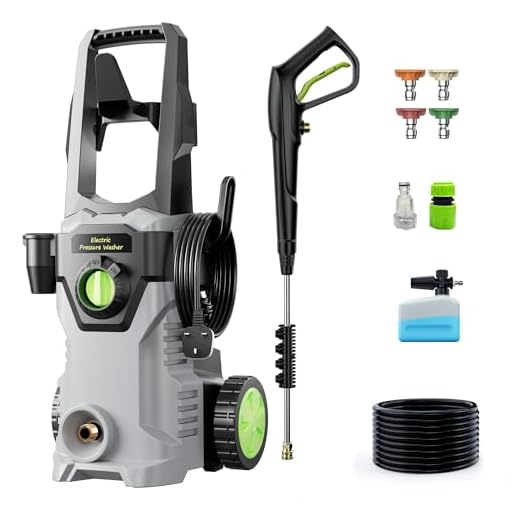

For optimal cleaning efficiency, I recommend selecting a unit that delivers between 1400 and 3000 PSI. This range effectively tackles most household and light commercial tasks, making it a versatile choice for various surfaces.
If your primary focus is heavy-duty jobs like removing tough stains from concrete or cleaning large vehicles, aim for a model that exceeds 2500 PSI. This strength ensures you can handle stubborn grime without spending excessive time or effort.
For lighter applications such as washing cars, patios, or garden furniture, a unit with around 1500 to 2000 PSI will suffice. It’s powerful enough to achieve results without causing damage to softer surfaces.
Don’t overlook the importance of GPM (gallons per minute); a higher GPM rating means quicker cleaning. Combining a unit with at least 2.0 GPM alongside the appropriate PSI will enhance your overall efficiency.
Consider your specific needs and the surfaces you will be cleaning. This tailored approach will guide you towards the perfect choice, ensuring you invest in a power cleaner that serves you well for years to come.
Choosing the Right Performance Level for Your Cleaning Tool
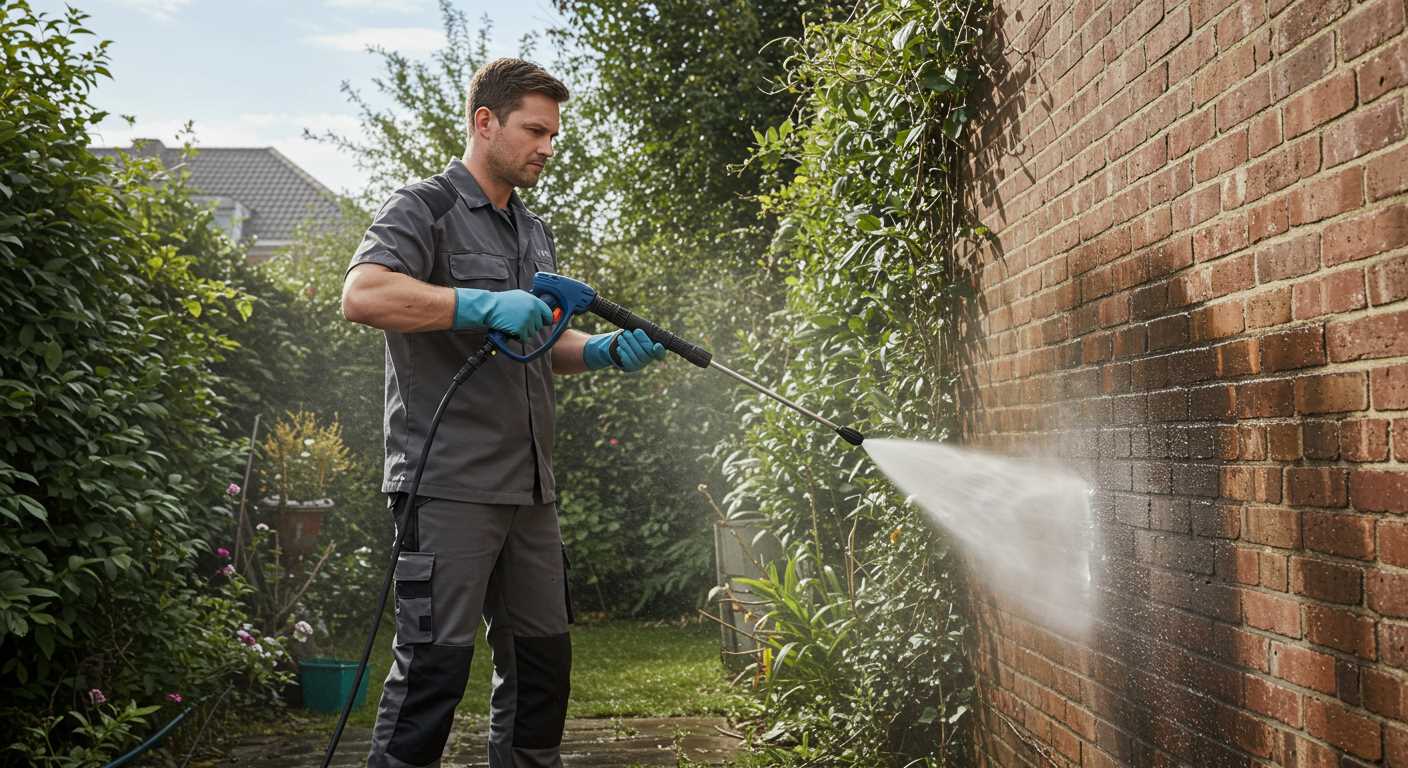
For most residential tasks, a unit that generates around 1300 to 2000 PSI (pounds per square inch) will suffice. This level effectively tackles dirt on patio furniture, cars, and small driveways without risking damage to surfaces.
If your projects include medium-duty tasks, look for a device with a PSI of 2000 to 2800. Such strength is ideal for cleaning decks, fences, or larger driveways and will remove grime efficiently while offering versatility for other household duties.
For heavy-duty applications, select one that produces 2800 PSI and above. This range is suitable for extensive cleaning, such as preparation for painting or removing stubborn mildew from concrete surfaces.
Evaluate the GPM (gallons per minute) rating as well; a higher GPM translates to quicker cleaning. For example, a model providing 2.5 GPM paired with a 2000 PSI rating optimises cleaning speed and efficiency.
Consider the nozzle types as well. Adjustable nozzles allow for tailored pressure settings, providing flexibility when switching between different cleaning tasks without changing equipment.
Finally, look into the power source. Electric versions are quieter and suited for lighter duties, while gas-powered options deliver more power for demanding tasks and larger areas.
Identifying Cleaning Tasks for Your Equipment
First, determine the tasks you plan to tackle. Each activity requires a different level of force to achieve satisfactory results. Below, I’ve outlined common cleaning assignments along with the appropriate power range to consider.
- Cars and Motorbikes: For auto detailing, opt for models around 1200-2000 PSI. This power efficiently removes dirt without damaging paint.
- Patios and Decking: Clean these surfaces effectively with units in the 2000-3000 PSI category. Higher force will clear away grime and mildew quickly.
- Driveways and Concrete: Use equipment from 3000-4000 PSI. The elevated pressure penetrates tough stains like oil and rust.
- Home Exteriors: For siding and shutters, a range of 1500-2500 PSI is typically suitable. This prevents any potential harm to the material while ensuring cleanliness.
- Fences: Wooden or vinyl boundaries can be treated with 1300-2000 PSI. This range will remove dirt while ensuring the surface isn’t damaged.
Secondly, consider the frequency of use. If using often for various tasks, choose a more versatile model with adjustable settings. A lower pressure setting offers flexibility, while higher capabilities are beneficial for tougher jobs.
Lastly, take into account the type of cleaning solutions you might use. Some equipment handles detergents effectively, enhancing cleaning power for specific jobs. Always consult guidelines on compatible cleaning agents to avoid damaging your equipment.
Understanding these factors will lead to smarter choices tailored to your specific cleaning tasks, resulting in improved efficiency and satisfaction.
Understanding Pressure Ratings: PSI and GPM Explained
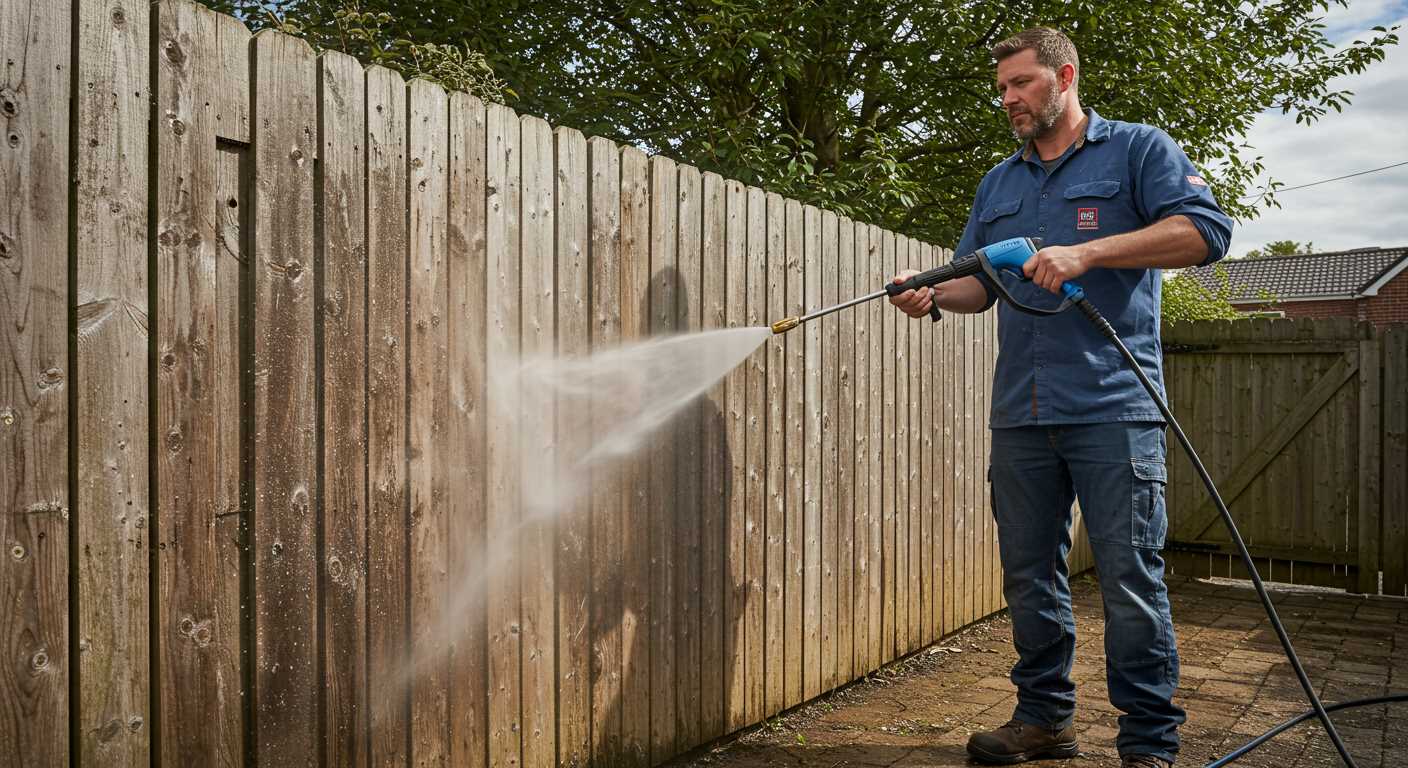
To effectively choose cleaning equipment, familiarity with PSI (pounds per square inch) and GPM (gallons per minute) is essential. PSI indicates the force of the water exiting the nozzle, while GPM reflects the volume of water delivered. For tackling tough grime or large areas, opt for units with higher PSI and GPM ratings. A unit around 2000-3000 PSI paired with 2-3 GPM suffices for common outdoor tasks like driveways and patios.
PSI: The Force Behind the Clean
Higher PSI values translate to more forceful jets, capable of dislodging stubborn dirt and grime. For light cleaning tasks, such as washing cars, a unit with 1200-1900 PSI is usually adequate. In contrast, jobs like cleaning concrete or heavily stained surfaces may require 2500 PSI or more. Always match the PSI to the material being cleaned; delicate surfaces, like wood, necessitate lower ratings to avoid damage.
GPM: The Flow of Water
GPM is just as critical; it affects cleaning efficiency. A higher GPM means quicker coverage of areas, as more water moves through the nozzle. For instance, if a machine generates 2.5 GPM, it can clean areas faster than one delivering just 1.5 GPM. For sustained performance, ensure a robust combination: 2 GPM is often suitable for light chores, while 3 GPM enhances speed for bigger jobs.
Choosing the Right Equipment for Home Use
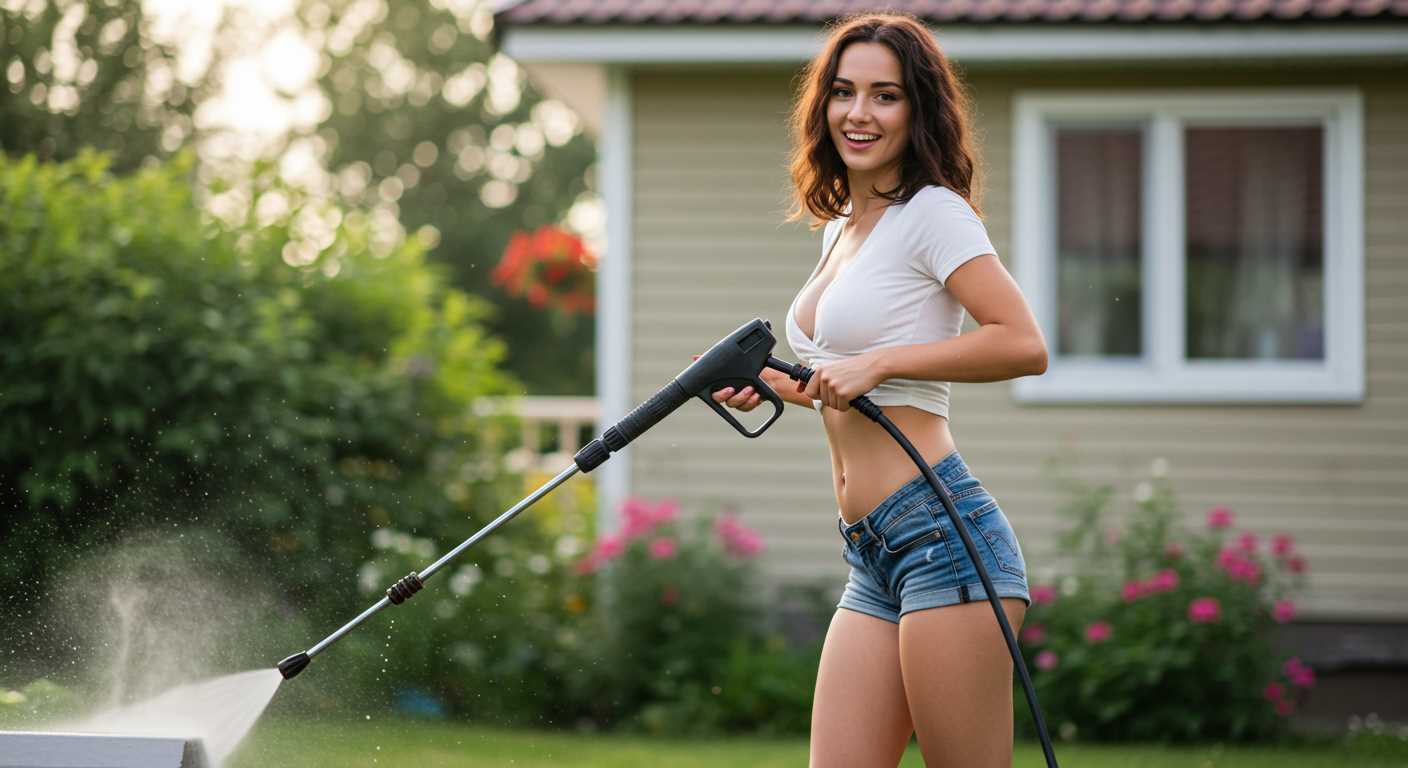
If you’re aiming to tackle residential cleaning projects effectively, I recommend selecting a unit with a rating between 1400 to 1900 PSI. This range provides sufficient power for typical tasks without risking damage to delicate surfaces. For more demanding chores such as stripping paint or cleaning heavily soiled driveways, consider models that offer between 2000 to 3000 PSI.
Identify your cleaning goals: sidewalks and decks generally require higher power, while vehicles and patio furniture benefit from more moderate settings. Additionally, evaluate the water flow measured in GPM (gallons per minute); units with at least 1.8 GPM are efficient for most home tasks, balancing pressure and rinsing capability.
Focus on features that increase versatility. A mix of nozzle types will enhance the performance for varied surfaces. Detergent tanks can be a significant time-saver, especially for grime build-up. Always opt for models that allow easy access to replaceable nozzles or quick-connect fittings for convenience.
Consider the unit’s portability. Integrated wheels and lightweight designs facilitate mobility across your property. If tackling larger spaces or multiple outdoor cleaning sessions, a longer hose or extension wand can significantly enhance reach without the need to frequently reposition the unit.
Finally, pay attention to customer reviews. They provide insight into long-term reliability and ease of use. Investing in a reputable brand known for service and support could save you trouble down the line.
Assessing Commercial Pressure Washing Needs
For commercial applications, I recommend a unit with a minimum of 3000 PSI and 4 GPM for optimal results across various surfaces. This configuration delivers enough force to tackle stubborn grime and heavy-duty tasks while maintaining efficiency.
Evaluate specific cleaning tasks–such as surface preparation, vehicle cleaning, or graffiti removal–as these will dictate your choice of equipment. Know the materials and potential challenges of each job. For instance, softer surfaces like wood might require a lower pressure setting, while concrete and brick can handle higher pressures.
Be prepared to invest in models designed for prolonged use. Commercial machines are typically built with durable parts and larger pumps to withstand continuous operation. Look for features such as a commercial-grade motor and an efficient cooling system. A reliable warranty can also be a marker of quality; consider options that offer extended coverage for commercial use.
Understand the importance of attachments and nozzles. They can drastically enhance versatility and effectiveness. A rotating nozzle can be beneficial for tougher stains, whereas a wide-angle nozzle works well for rinsing large areas. This adaptability allows you to fulfil a range of client needs without having to invest in multiple machines.
Lastly, consider the availability of replacement parts and local service. Choose brands that have a solid reputation and are easily accessible for maintenance to minimise downtime. Invest time in researching the best options before making a purchase to ensure your choice aligns with your business requirements.
Considering Power Sources: Electric vs. Gas Models
For residential tasks, I advise electric models due to their ease of use and lower maintenance. With no need for fuel or oil changes, they are ready at a moment’s notice. Operating at PSI levels typically between 1300 and 2000, they effectively handle light to moderate cleaning jobs, such as patio furniture, decks, and vehicles.
On the other hand, for heavy-duty applications, gas units excel. These machines offer higher PSI ratings, often exceeding 3000, making them suitable for tough grime removal on surfaces like concrete and driveways. However, they demand more commitment–consider fuel storage, regular maintenance, and noise levels.
| Feature | Electric Models | Gas Models |
|---|---|---|
| Power Source | Electricity | Petrol |
| PSI Range | 1300 – 2000 | 2000 – 4000+ |
| Maintenance | Low | Higher |
| Weight | Lighter | Heavier |
| Noise Level | Quieter | Louder |
| Portability | Higher | Lower |
Choosing between these options comes down to the scope of work. If frequent portability and casual tasks are the priority, electric models fit perfectly. If undertaking sizable clean-up jobs is the goal, gas machines provide the necessary power. I’ve found that understanding your specific requirements will direct you to the most fitting choice for your cleaning challenges.
Evaluating Portability and Size for Your Requirements
Before selecting a cleaning unit, consider its dimensions and ease of movement. A compact model is typically better for residential use, while larger versions suit more extensive areas. If you have a small garage or limited storage space, opt for lightweight options that can be easily stored.
Key Factors to Keep in Mind
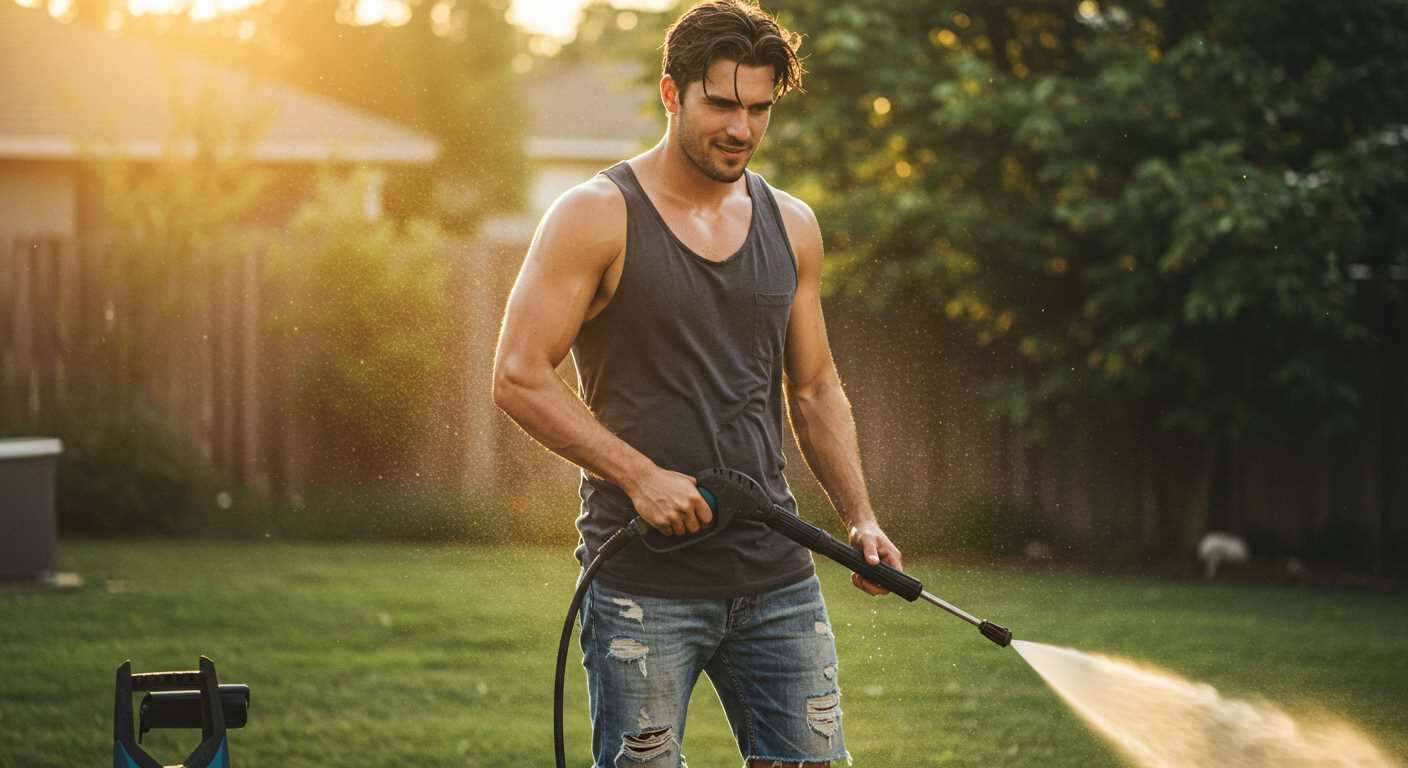
- Weight: Lighter units are easier to manoeuvre. If portability is a priority, aim for models under 50 pounds.
- Wheels: Look for smooth-rolling wheels that enhance mobility, especially on uneven surfaces.
- Handle Design: A folding or retractable handle saves space and enhances transportability.
- Cord Length: A longer power cord or hose reduces the need for multiple extensions, making it easier to cover large areas.
Storage and Transportation
- Compact Models: Easier to tuck away in closets or small sheds, these are perfect for limited spaces.
- Accessory Storage: Some units have built-in compartments for attachments, simplifying organisation and transport.
- Weight Distribution: A well-balanced design assists in effortless movement, particularly during extended usage.
Assessing how often you’ll transport the equipment and the typical environments it will be used in is crucial. For frequent trips, ensure the model is suitable for travel without compromising performance. Balancing portability with power will yield a more satisfactory experience in tackling your intended cleanup tasks.
Checking Accessory Options for Enhanced Functionality
Investing in suitable attachments can significantly improve your cleaning results. I recommend examining various accessories that can complement your machine’s performance. Tools like turbo nozzles increase water pressure for tough grime, while adjustable wands allow control over spray width and intensity.
Consider foam cannons for applying detergent evenly, enhancing the effectiveness of the cleaning process. Brush attachments, on the other hand, excel in scrubbing surfaces without damaging them, particularly useful for vehicles or delicate materials.
Pivoting to surface cleaners, these are invaluable for large flat areas like driveways and patios. They provide uniform coverage and drastically cut cleaning time. If your project involves decks or siding, specific nozzles aimed at 25° or 40° can help manage water flow without sacrificing cleaning power.
Additionally, long reach extension wands aid in cleaning hard-to-reach areas such as gutters or tall surfaces. Investing in a solid storage solution and hose reel will keep everything organised, facilitating easier access during future tasks.
Lastly, don’t overlook the importance of maintenance accessories, such as cleaning kits designed to keep your unit operational. These can include descaling solutions and oil for gas models, which prolong the life of your equipment. Prioritising the right accessories ensures efficient use and maximises your cleaning outcomes.




